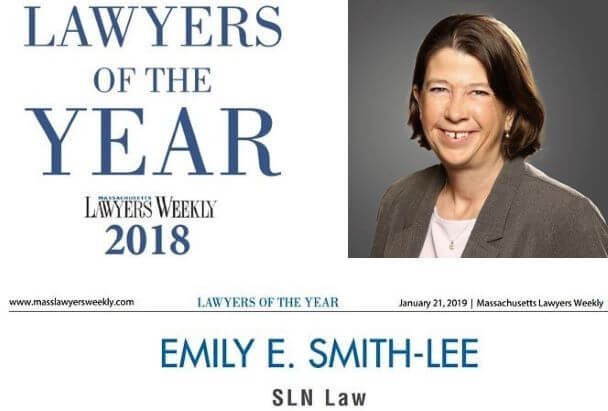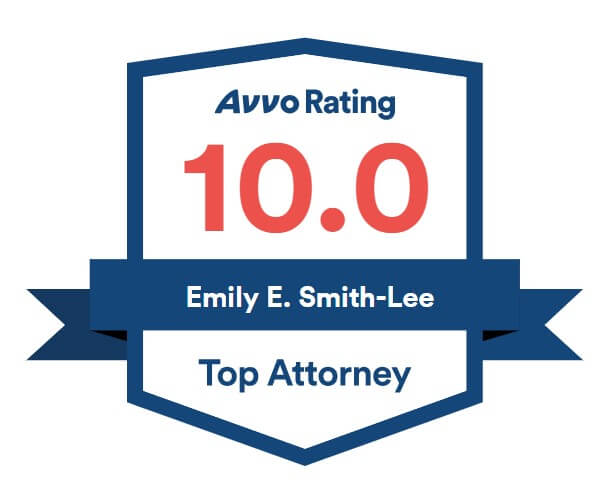What is Alternative Dispute Resolution?
Mediation and Arbitration as Alternatives to CourtAlternative Dispute Resolution, or ADR, is a general term that includes a variety of different ways of trying to settle or adjudicate a civil suit outside of the court process.
Arbitration is a form of trial before essentially a private judge (the arbitrator). People sometimes agree ahead of time to arbitrate any disputes, because the process generally moves faster than the civil courts. This is typically not something that happens once a lawsuit begins. Mediation is another form of ADR that you likely will be offered in the court of your lawsuit. Mediation is a voluntary process, where both parties meet with a neutral mediator who tries to help them come to a compromise they can all live with. The mediator's job is not to take sides. Any party is also free to stop the mediation anytime they want if it is not productive. Finally, you should know that everything said in mediation is strictly protected by statute (and usually a mediation agreement the parties sign), so nothing that is said in mediation can be used in the case if you do not reach a settlement. Learn more here about mediation in Massachusetts. |
We're Here to Help.OR
|
Questions About a Civil Lawsuit?
Our Solutions Roadmap is a quick and easy way to share the details of what you are facing and receive preliminary feedback from a member of our team. Use the button below to get started- it is 100% confidential and 100% free.
Meet Our Trial Attorneys

Emily Smith-Lee is the owner and founder of slnlaw. She is a 1996 graduate of Boston College Law School. She was previously a partner at the Boston office of a large international firm, where she worked for thirteen years, with a focus on complex business litigation. In 2009, she started the firm that became slnlaw. She has been recognized as Massachusetts Superlawyer each year since 2013, and in 2018 earned recognition as one of Massachusetts Lawyers Weekly's Lawyers of the Year for a precedent-setting victory at the Massachusetts Supreme Judicial Court. She has written a book on employment law: Rules of the Road, What You Need to Know About Employment Laws in Massachusetts, and helped thousands of clients with business and employment disputes. Emily has handled cases at every level of the state system, in the federal trial court, and before the First Circuit Court of Appeals.

Elijah Bresley: Eli is a 2014 graduate of Seton Hall Law school, and has worked with slnlaw since 2020. He previously worked for a boutique employment law firm outside of Boston, and then for the Labor and Employment department of a large Boston firm. He also spent a year clerking for the judges of the Superior Court in Hartford, Connecticut. Eli has successfully defended numerous employers in the MCAD, and litigated other business and employment disputes throughout the state court system and in the federal trial court.

Sharleen Tinnin: Sharleen is a 2010 graduate of Northeastern University School of Law, and has been with slnlaw since 2023. Prior to joining slnlaw, she worked with King, Tilden, McEttrick & Brink, P.C. on complex civil litigation matters. She previously worked for the United States Department of Justice, and received an "Excellence in Justice" award in 2017. Sharleen has litigated both plaintiff and defendant cases in the state court system, MCAD, and the federal trial court.
|
Emily Smith-Lee Rated by Super Lawyers loading ... |


